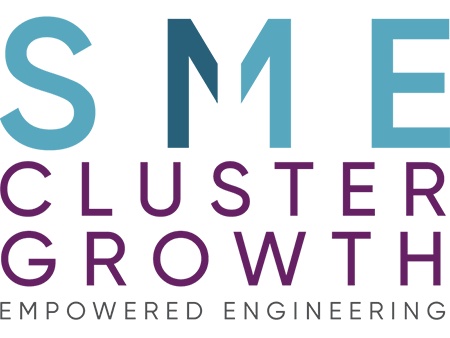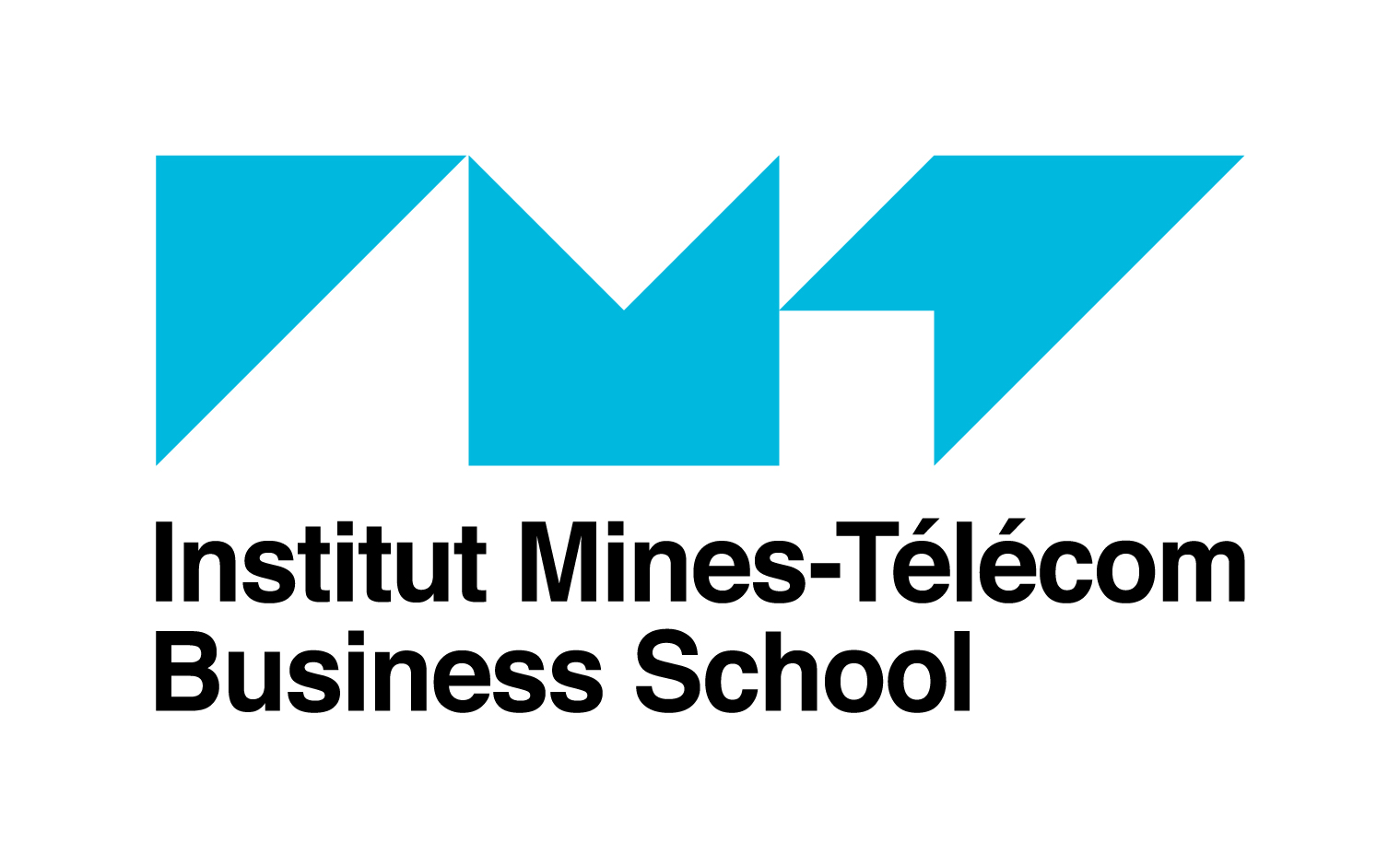Institut Mines-Télécom Business School as a partner on the SME Cluster Growth project, has conducted 12 interviews with experts to gain an indept undertanding on SMEs growth, challenges, opportunities, needs and success factors. The interviews with founders, COOs, directors and programme managers of incubators and accelerators, and heads of development programmes at engineering and business schools, are a unique collection of over thirty years experience in helping SMEs to grow.
Understanding SME Growth
Growth can be understood as ‘an increase in certain indicators towards the future’. It is also ‘an added value combined with business activity and HR capabilities.
Crucial to ensuring business growth is keeping sustainability in the business and involving employees to allow them to thrive as the business evolves.
Motivation for Growth
Some companies grow to keep going, to feel satisfaction that comes with seeing their ideas translated into regulatory provisions, out of natural ambition and passion, for social impact or monetary benefit. However, most of the time, growth is a personal challenge for business owners in a field they are passionate about and is related to personal motives.
Challenges for Growth
There is an absence of long-term industrial policies at national and European level. There is an absence of legislation at organizational level to successfully manage HR.
SMEs do not receive sufficient support from the large groups that support industry. There is a need for training to manage capitalization and the transfer of knowledge. There is a need for expertise at management level to understand the complexity of the organization, and this involves funding to recruit the right people.
Another challenge is government. There are obvious preferences for public companies and for private companies who have ties with political structures.
Opportunities for Growth
Some SME owners take advantage of regional ecosystems to accelerate their growth (e.g., accelerators or incubators). Others make strong ties with corporations, medium-size companies, and other business entities to support their growth. Growth can additionally be supported by collaboration for innovation and R&D, with business but with HEIs too. This is particularly relevant today as there is a growing awareness of states, individuals, and civil society to the importance of sustainable challenges that can be resolved in cooperation with diverse stakeholders.
Success Factors for Growth
Innovation is a top priority today. Well organized HR management in the transformation of the company is another. Excellence in work is an important factor, and it usually goes with quality of staff. Important is the quality of networks, where there is mutual solidarity that allows for growth. A critical success factor is also profitability, as ‘growth for growths sake’ is a problem. Having a brand is a way to measure its success. Corporate values that involve humility and attentiveness, respect for employees and customer satisfaction, social values, innovation, and diversity also lead to success.
Collaboration for Growth
It is important to collaborate with HEIs and their ecosystem. This usually implies ‘speaking the same language’. Other key stakeholders for collaboration are corporations, companies, private and public banks, and other financial institutions that offer funding for the projects (e.g., BPI France), regional accelerators and incubators, and other institutions that offer services such as employee training. All these institutions are a great source of support for growth.
Business Leader Importance
The values that leaders should possess to assure company growth and success are a desire to bring value to employees and society, sustainability, bring ‘new life’ to the company, introduce new internal and external rules, be open to innovation, be open to collaboration, and finally trusting your own people is key. “It is the art of delegating, trusting, pulling employees up, and making yourself dispensable.”
Training Needs
For all employers who start a business, the recommendation is to attend MOOCs, and to encourage and ensure that their employees are trained in areas that are important for SME growth (e.g., innovation, HR management, R&D, intellectual property etc.). It is also important that business leaders and employees entrusted to travel internationally are aware of business practices abroad.
Authors

Adeline Leroy

Medisa Focic













